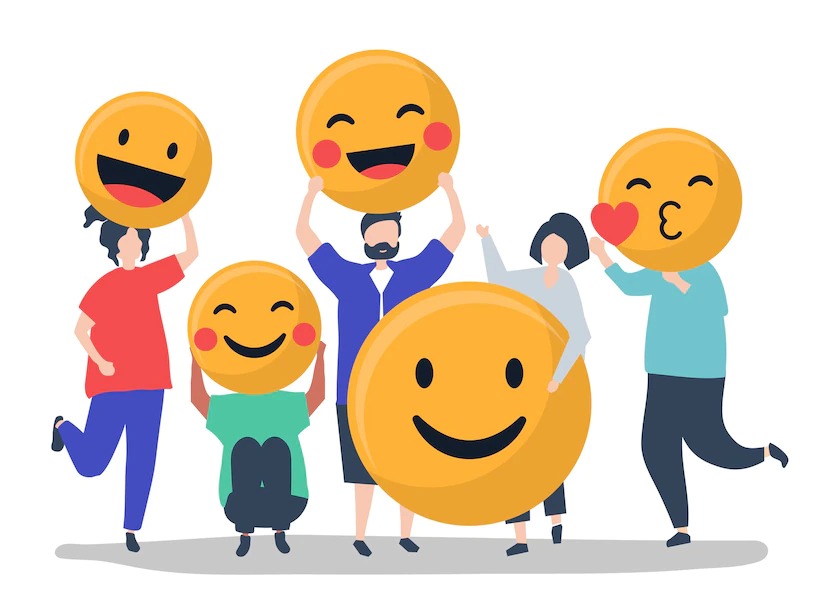
Academics have studied ‘ why people work ‘ for nearly centuries. But a major breakthrough happened in the 1980s when Professor Edward Deci and Richard Ryan from the University of Rochester identified the five main reasons for ‘ why people work ‘. These five reasons are
1) Play
2) Purpose
3) Potential
4) Economic pressure
5) Emotional pressure
The work of many researchers has found that the first three i.e play, purpose and potential motives tend to increase the performance. The latter two i.e economic and emotional pressure hurt the performance. We found that the companies, most famous for their work culture, maximize the good motive, while minimise the bad ones.
The first motive for work is play. So, what do you mean by play? Play is when you are motivated by work itself. You work because you enjoy it. The second motive for work is purpose. So, what is the purpose? The purpose is when the direct outcome of the work fits your identity. You work because you value the work’s impact. The third motive for work is potential. Potential is when the outcome of the work benefits your identity. In other words, the work enhances your potential.
Emotional pressure is, you work because some external forces threaten your identity. Fear, peer pressure and shame are all forms of emotional pressure. Economic pressure is when external forces make you work. The emotional and economic motives not only separate people from work itself but also separate it from their identity.
To conclude, the work culture of the organisation should enhance the identity of employees. Once identity is enhanced, the organisation will grow squarely.


